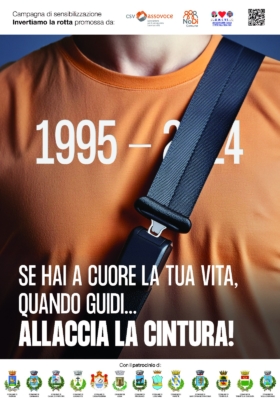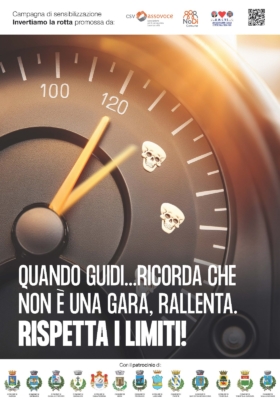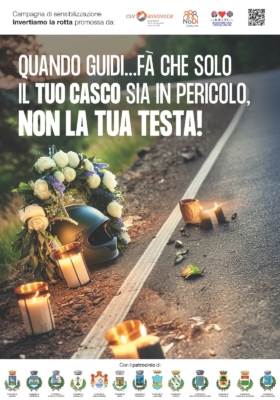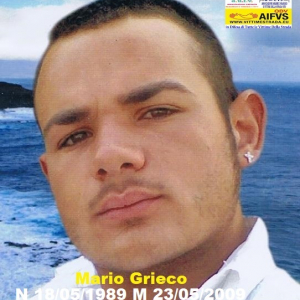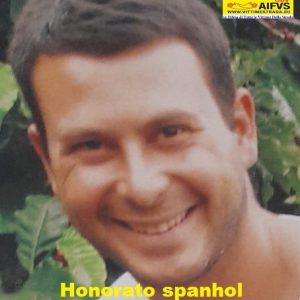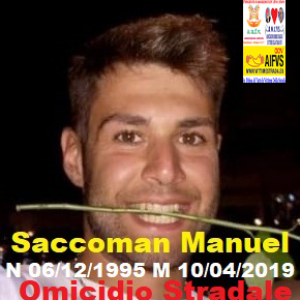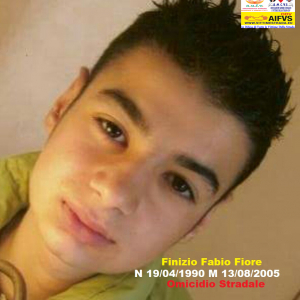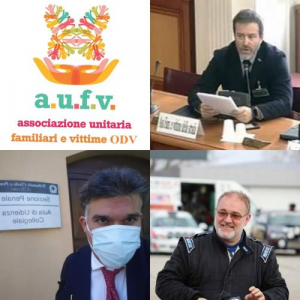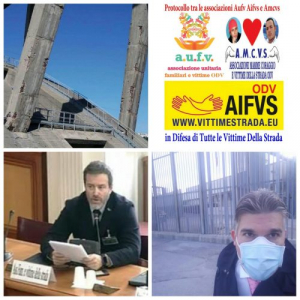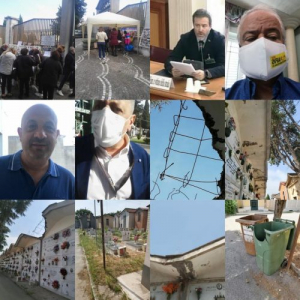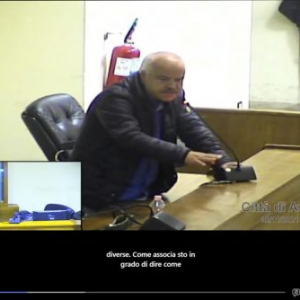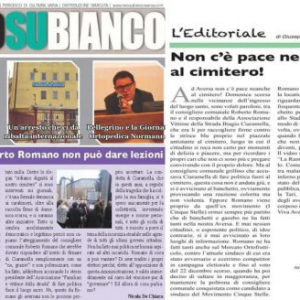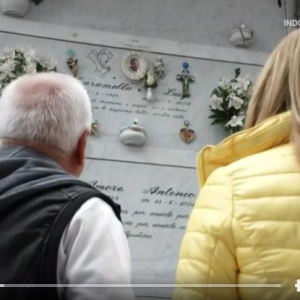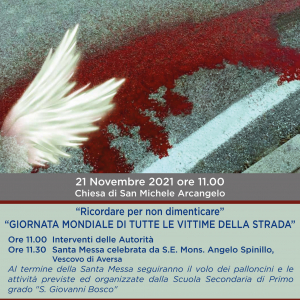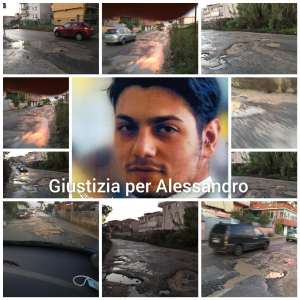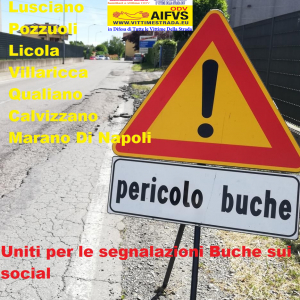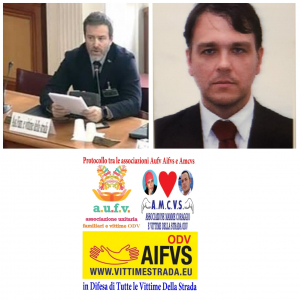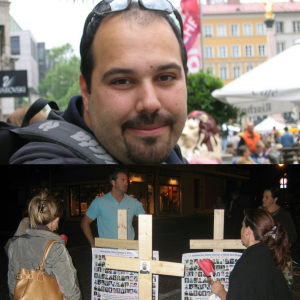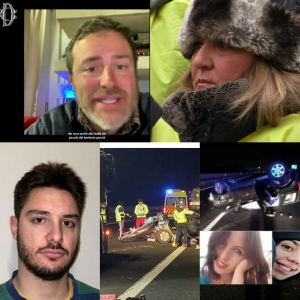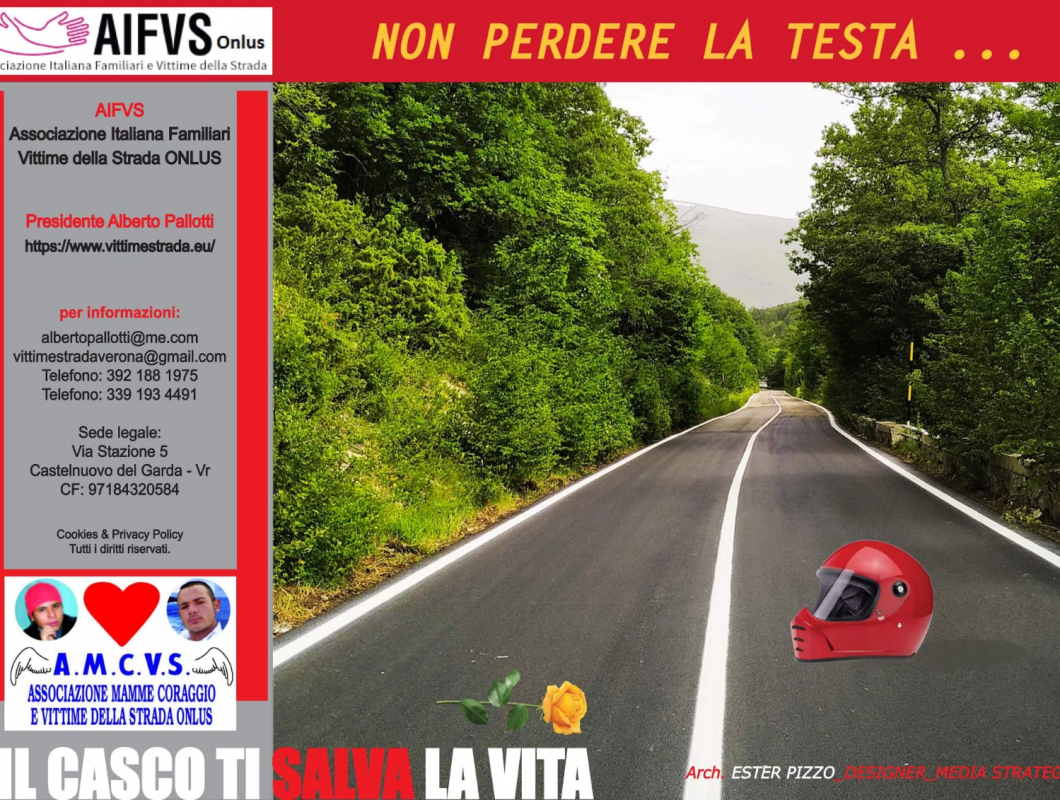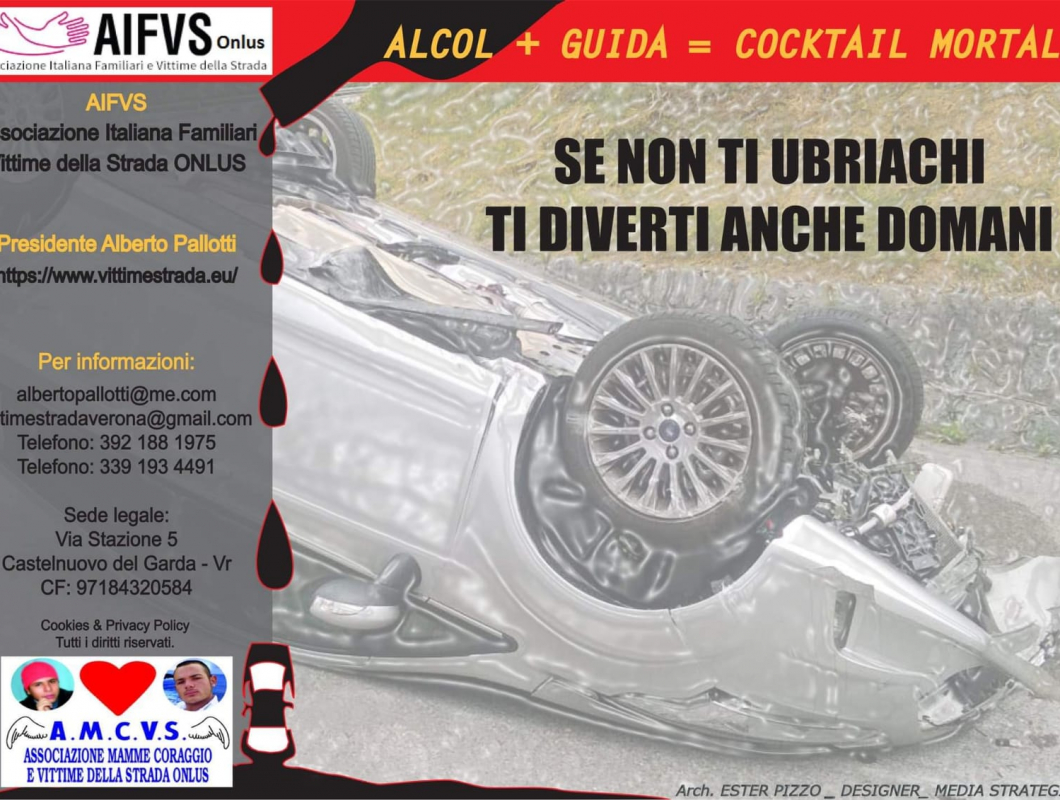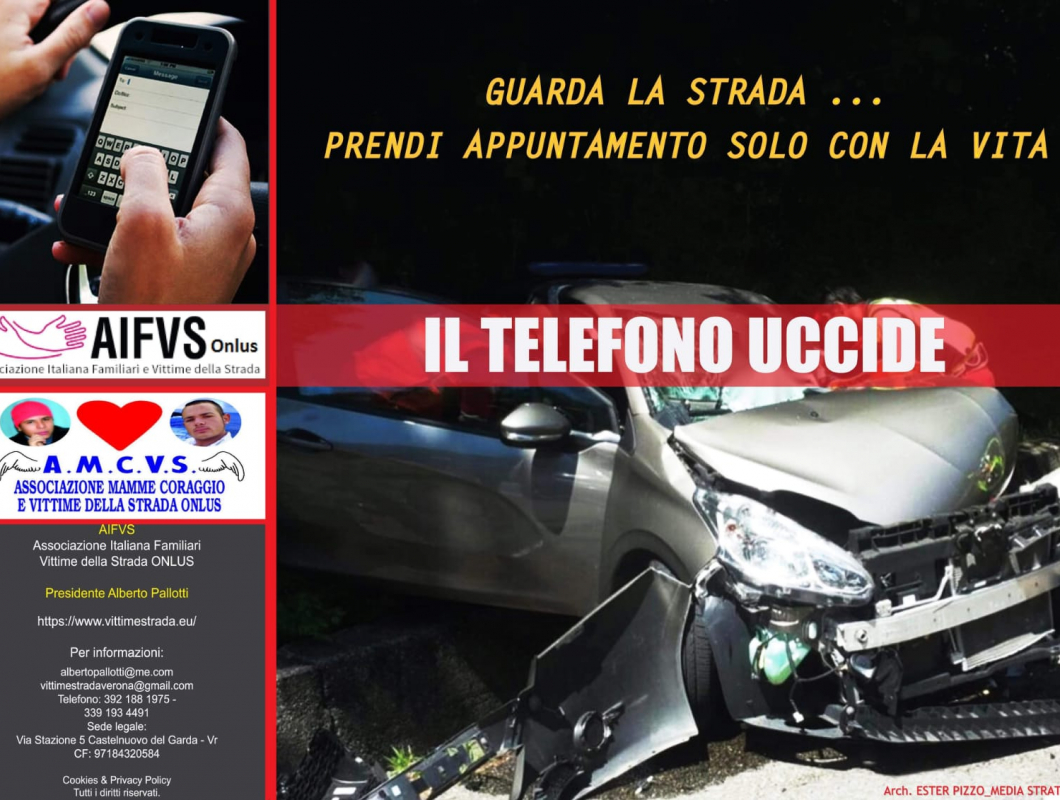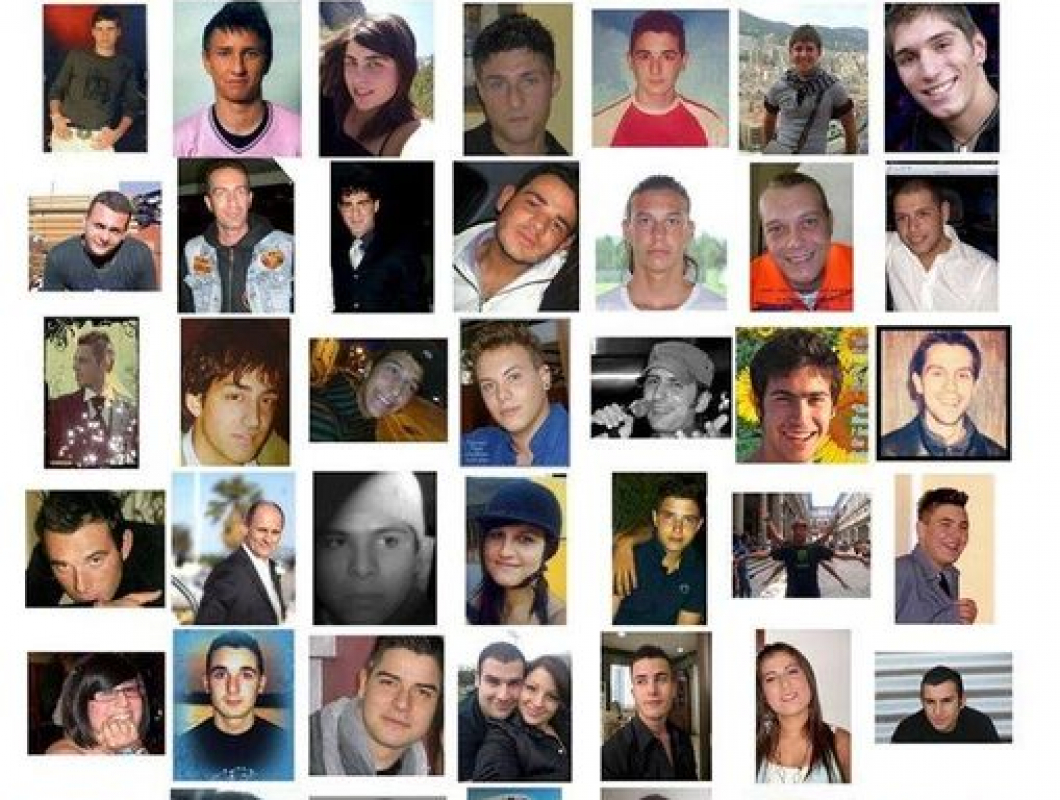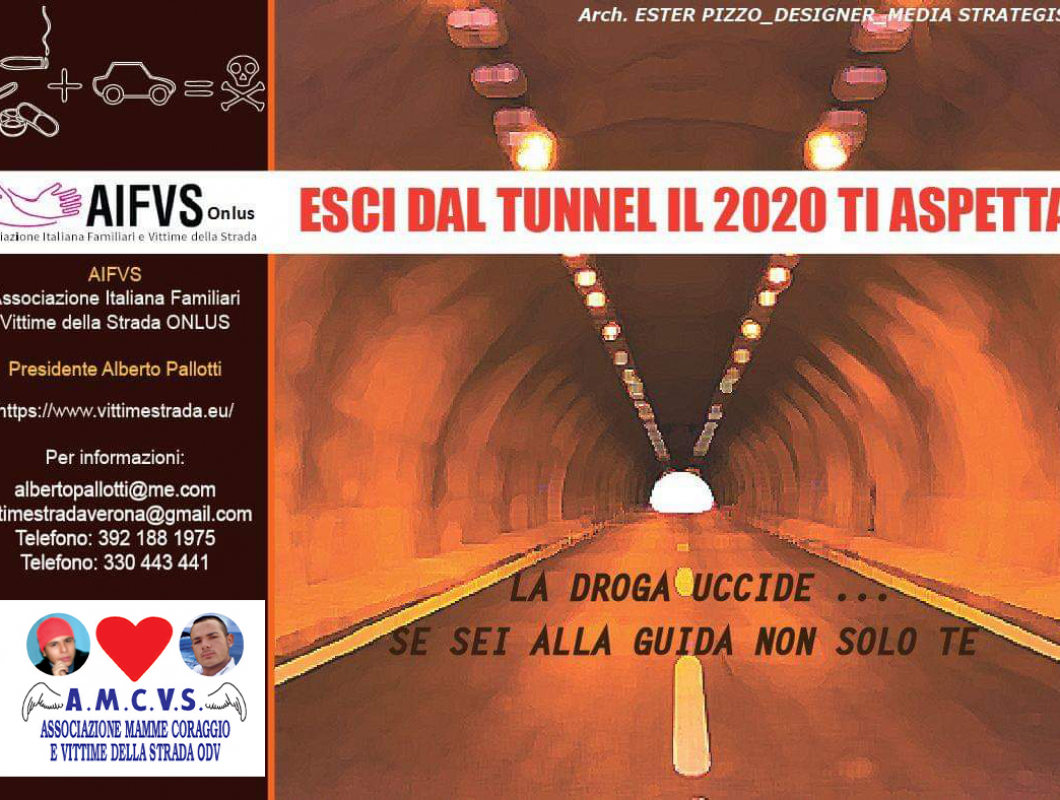SCOZIA. La polizia taglia le lezioni di sicurezza stradale dopo cinquant’anni.
I comandanti della polizia hanno messo un freno allo svolgimento del programma di istruzione ed addestramento sull’educazione stradale nelle scuole cittadine dopo più di cinquant’anni.
Quattro incarichi sono in procinto di essere eliminati, visto che la polizia scozzese ha deciso di licenziare il personale civile della capitale, compresi il coordinatore della sicurezza stradale e tre impiegati addetti alla sicurezza stradale.
La decisione ha lasciato i capi del consiglio con il problema di come continuare a svolgere e finanziare un programma teso a salvare vite che include campagne finalizzate ai ciclisti ed ai giovani automobilisti, oltre all’addestramento alla guida per ditte locali.
Police axe road safety lessons after 50 years
POLICE chiefs have put the brakes on delivering road safety education and training in city schools after more than 50 years.
Four jobs are set to go as Police Scotland disband the Capital’s civilian team comprised of a road safety co-ordinator and three road safety officers.
The decision has left council bosses scrambling to work out how they will continue to deliver and fund a lifesaving programme which includes campaigns targeting cyclists and young drivers plus driver training for local businesses.
The work of police analysts in using collision and casualty data to inform the development of targeted road safety programmes in neighbourhood areas has also been withdrawn.
A deadline of March 31, 2014 has been issued as part of Police Scotland’s standardisation of service across the country.
Currently that would see the service end entirely, with the council expected to be unable to provide any kind of replacement until later in the year.
One senior council source said: “This has come completely out of the blue and leaves the council having to foot the bill for what is a vital service. It’s also a further move away from community policing.”
Road safety education and training in schools was discharged to the Lothian and Borders force back in 1975, and before that it was handled by the Edinburgh City Police, fondly remembered through the Tufty Club in the 60s. In recent years the vital work had been co-ordinated through the Streets Ahead Road Safety Partnership comprised of the city council, police, fire, NHS and other community groups.
City transport convener Lesley Hinds said: “It is far too late a stage to remove a service which is key to encouraging road safety among young people without any proper consultation.”
Independent MSP Margo Macdonald said of the plan: “I couldn’t think of anything which disappoints me more. It’s just another step on the centralisation of the force away from the community.”
Police Scotland was unable to provide a figure for how much it expected to save by the withdrawal of its services.
An Audit Scotland report on the merger of the eight former forces to create Police Scotland earlier in the year said the re-organisation was intended to save £1.1 billion by 2026.
Police chiefs already want to close the public counters at ten stations across Edinburgh and the Lothians, which are used by more than 100,000 people a year, as well as slashing opening hours at seven more.
A Police Scotland spokesman said: “Police Scotland has held meetings with the Scottish councils including Edinburgh City Council and other key stakeholders, to consult on how partnership working in road safety will be developed in the coming year.
“We remain fully committed to educating all road users through encouragement of good driving behaviours and where appropriate, enforcement of the road traffic laws. We will continue to work with our partners to keep people safe on Scotland’s roads.”
Advice for drivers
A POPULAR event which was run by the police and city council was the annual Streets Ahead event in the Corn Exchange.
Senior officers would meet with youngsters to discuss drink-driving, speeding and the wearing of seat belts. One such event included a talk delivered by Sara Irving, 19, from Livingston, who “died” twice in the back of an ambulance all because she didn’t wear her seat belt.
She said: “The crash changed my life. Stop and think before you go anywhere and ensure everyone in the car has a seat belt on.”
One of the most vulnerable groups on Scottish roads are drivers aged 17 to 25, who account for nearly a quarter of all road casualties.



